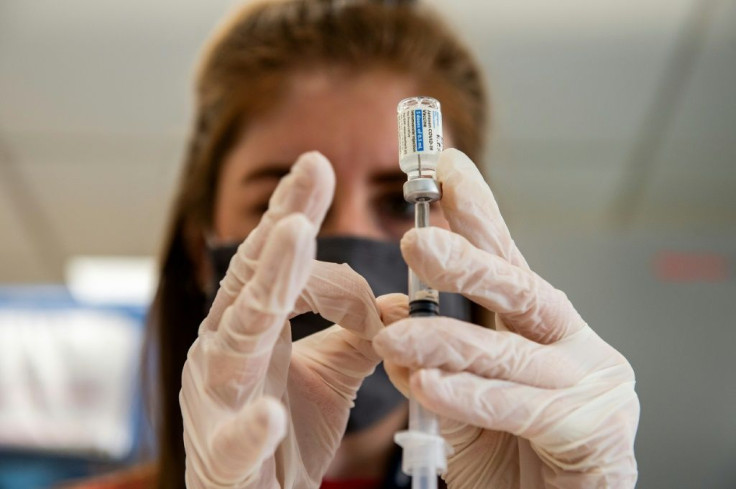5 Million Americans Skipped Second COVID-19 Vaccine Shot: Why?
KEY POINTS
- Roughly 5 million Americans are skipping their second doses of COVID-19 vaccine
- Many said they were afraid of the possible side effects associated with the coronavirus vaccine
- A number of pharmacies across the nation also canceled second-dose appointments due to a shortage of COVID-19 vaccines
Millions of Americans are skipping the second COVID-19 vaccine shot, according to data released Sunday by the U.S. Centers for Disease Control and Prevention.
A report published by the CDC on vaccine completion status through April 9 shows that 8% of all patients — roughly 5 million Americans — who had one dose of the COVID-19 vaccine from Pfizer/BioNTech or Moderna skipped the second dose.
The percentage of those not getting their second shot doubled from 3.4%, according to the CDC’s data through mid-February.
In interviews with The New York Times, some Americans said they missed their second shot because they felt that a single jab protected them from the virus. Others said they were afraid of the possible side effects, which include pain and swelling at the injection site, fatigue, muscle pains, fever, headache and nausea.
In fact sheets included with each vaccine, manufacturers listed diarrhea, swollen lymph nodes, hives, rashes and facial swelling as other possible side effects.
In an Israeli study released in early April, researchers identified six cases in which patients developed herpes zoster, also known as shingles, shortly after receiving a shot of the Pfizer COVID-19 vaccine.
Another reason why millions of Americans are missing their second shot is because some vaccine providers have canceled second-dose appointments due to a shortage in the vaccine supply.
Several Walgreen customers told The Times that when it was time to get their second dose, they were sent to pharmacies that didn't have the right brand in stock. Some say they did receive help from pharmacy staff to find somewhere to get the correct second dose.
The Moderna and Pfizer vaccines need be administered with two doses be fully effective. One shot of either vaccine would give patients only 60% protection from COVID-19. A second shot boosts protection to over 94%.
Evidence collected in vaccine trials and real-world immunization campaigns suggest that a single shot may leave patients more vulnerable to dangerous COVID-19 variants. It is also unclear how long protection against the coronavirus will last for people who only receive the first dose.
The CDC noted that patients who haven’t received their second jab during the three- or four-week window can still get it. And patients would still be considered fully vaccinated even if they received the second dose six weeks after the initial shot.

© Copyright IBTimes 2024. All rights reserved.






















